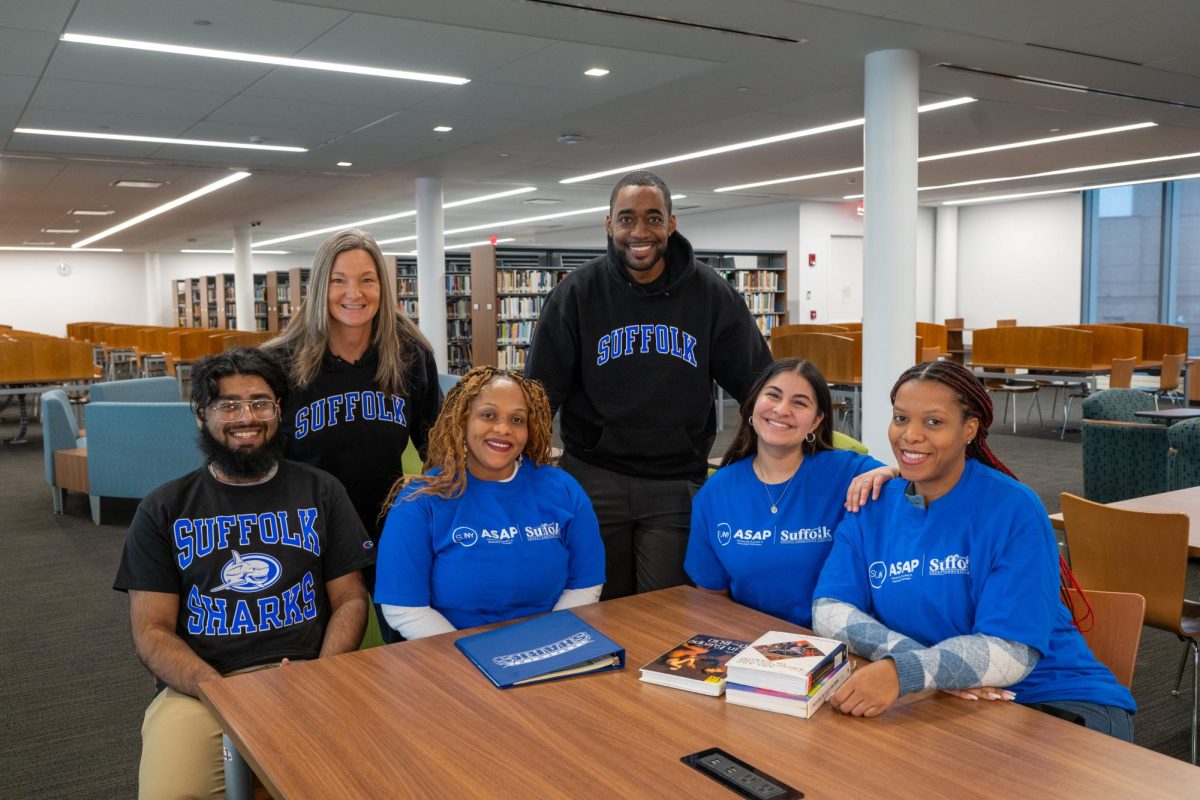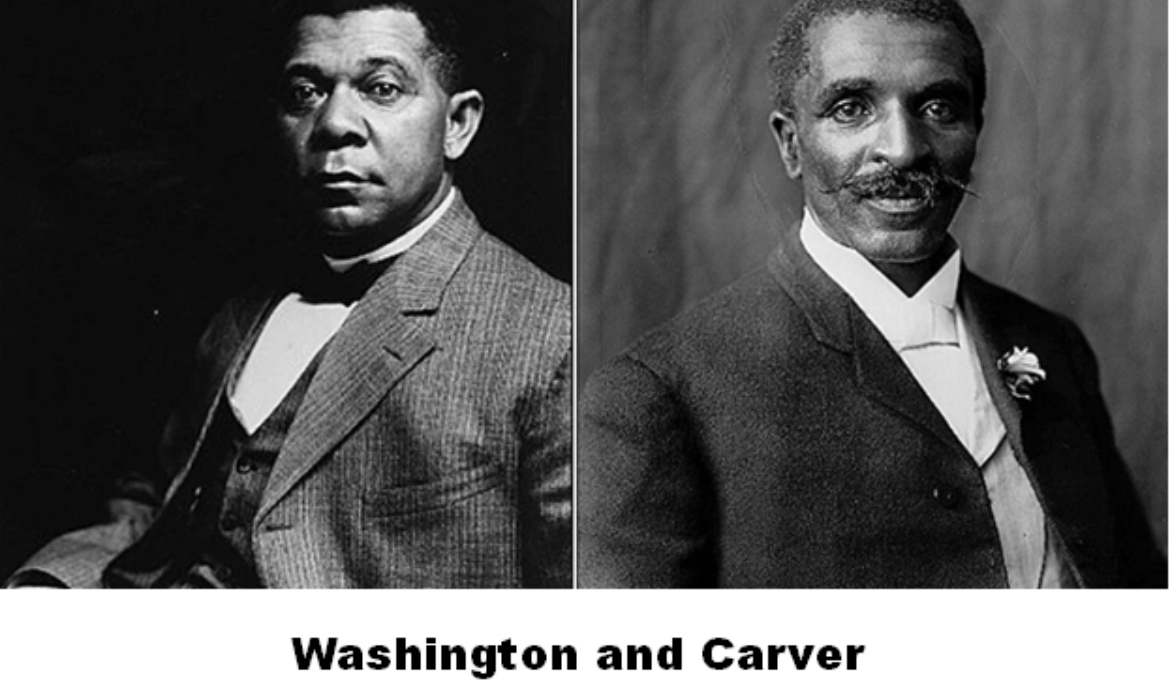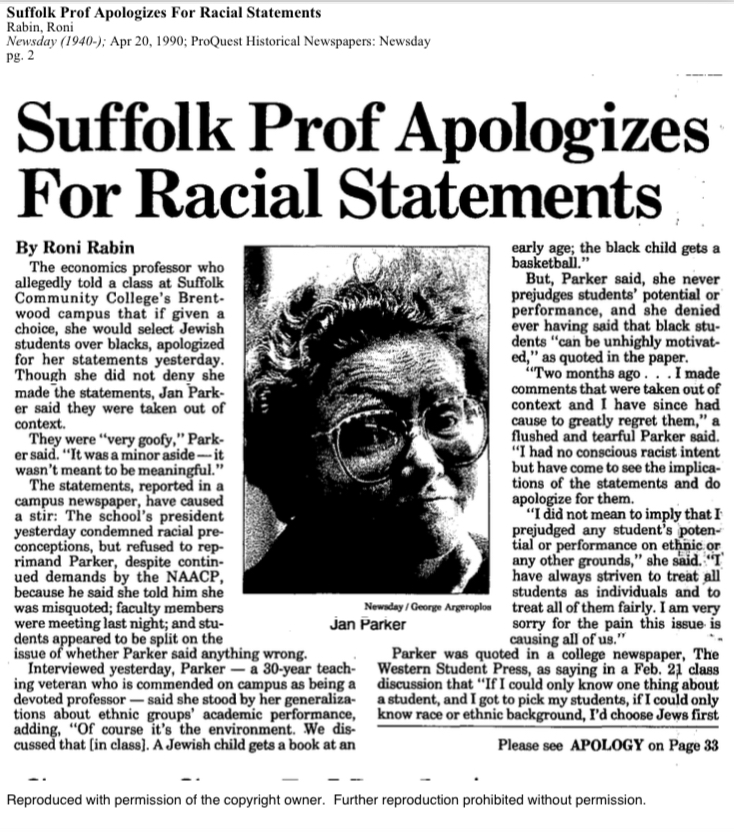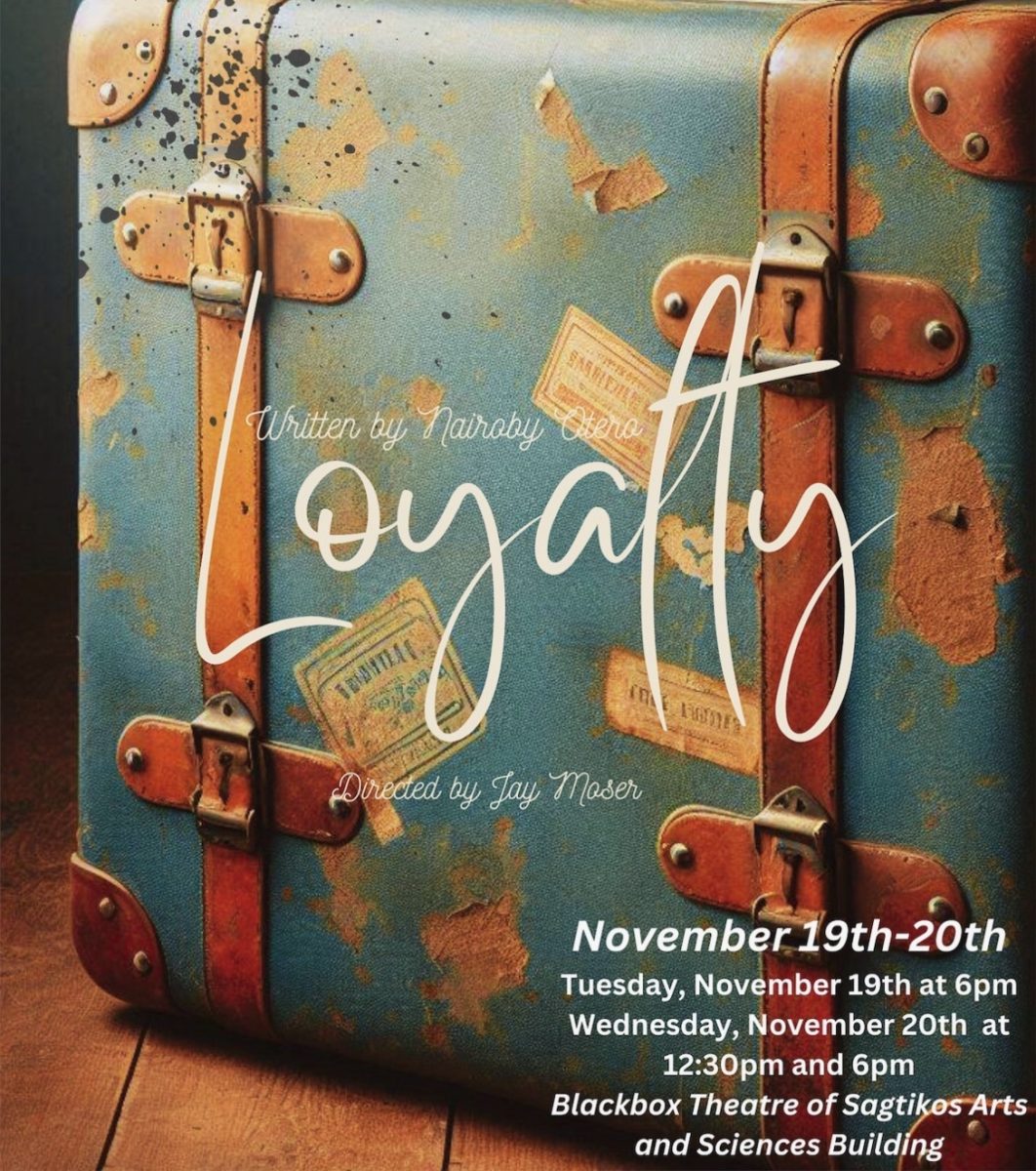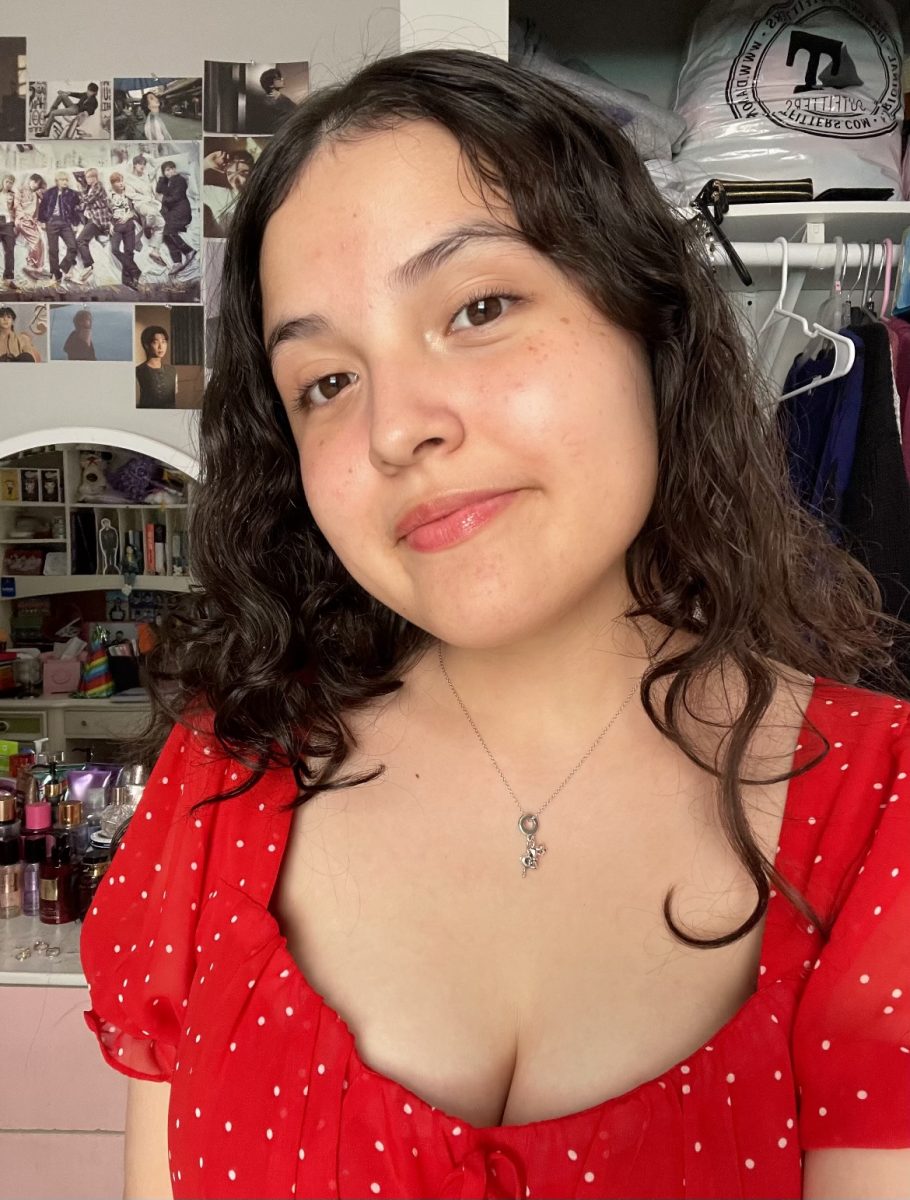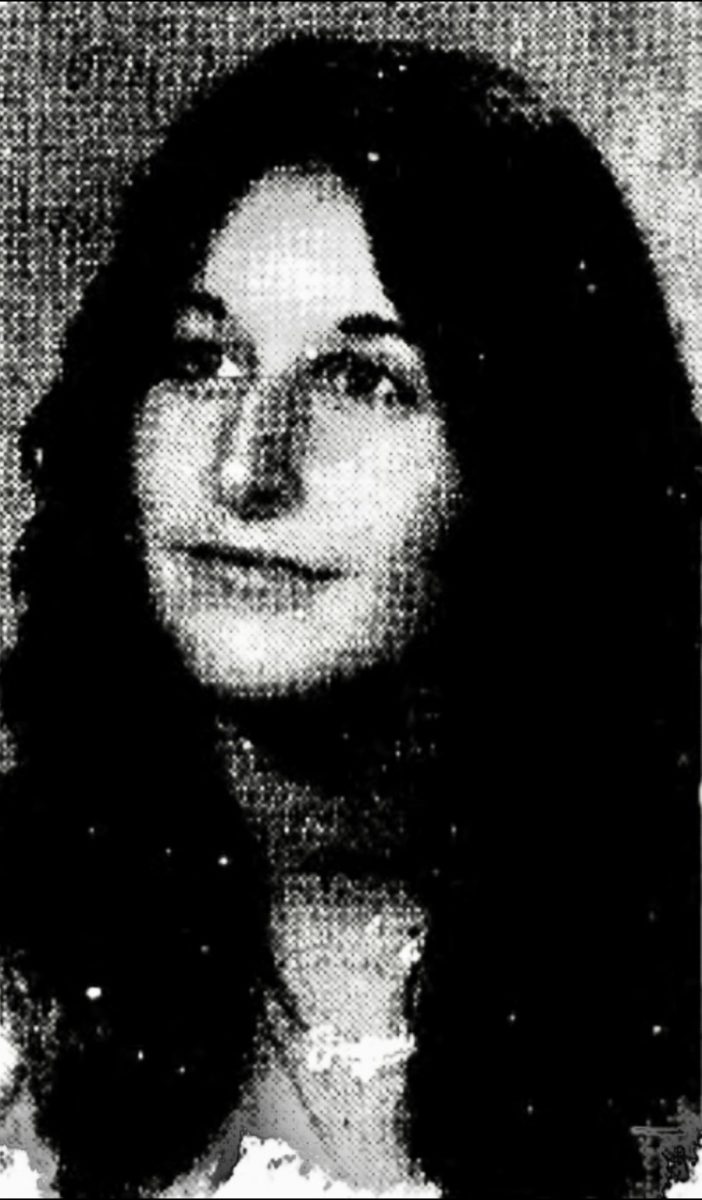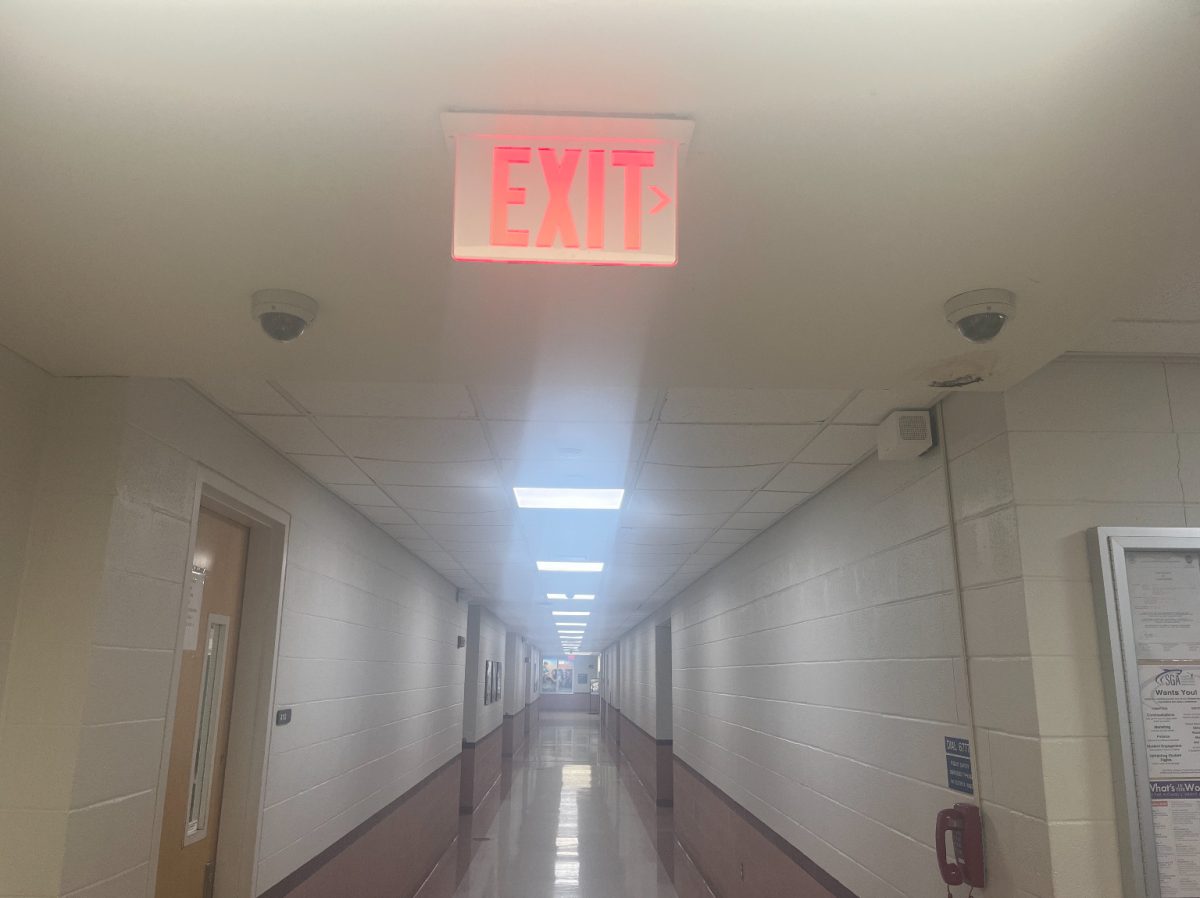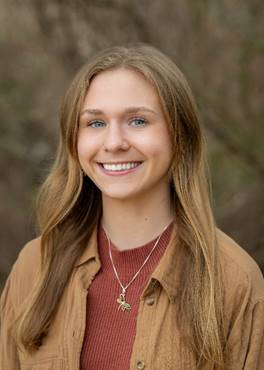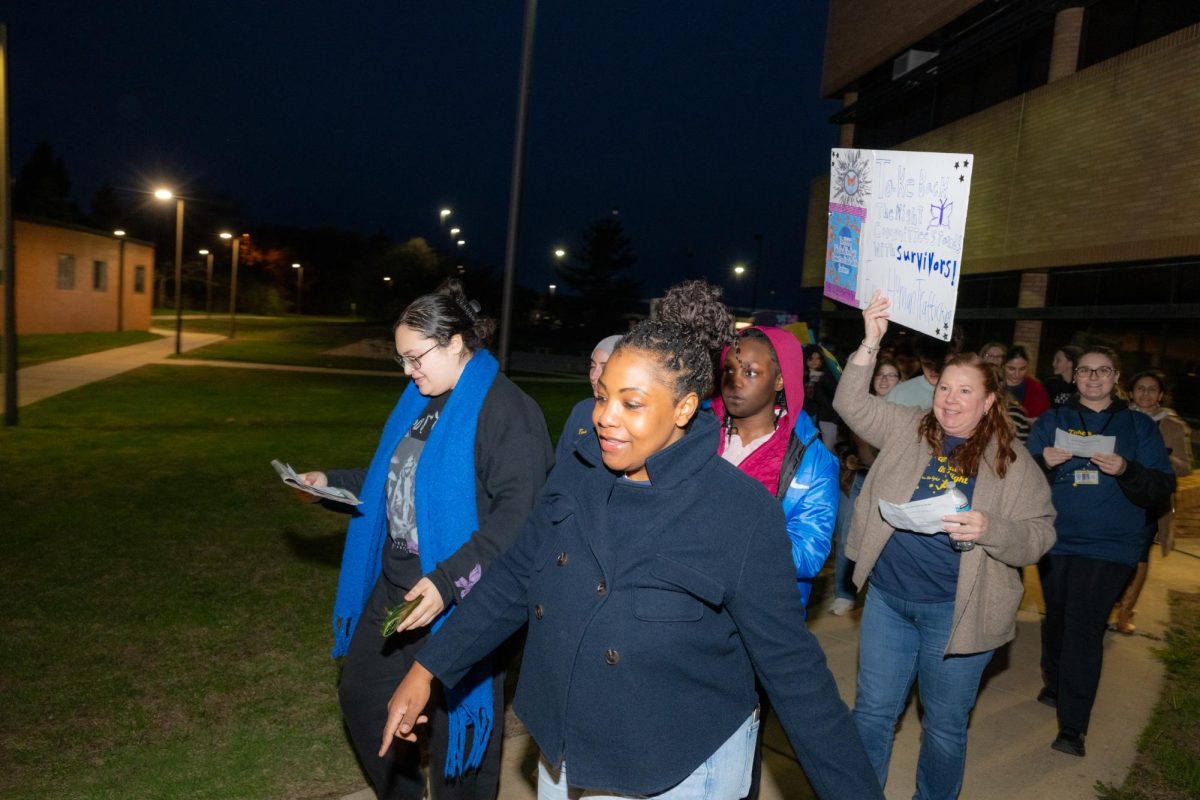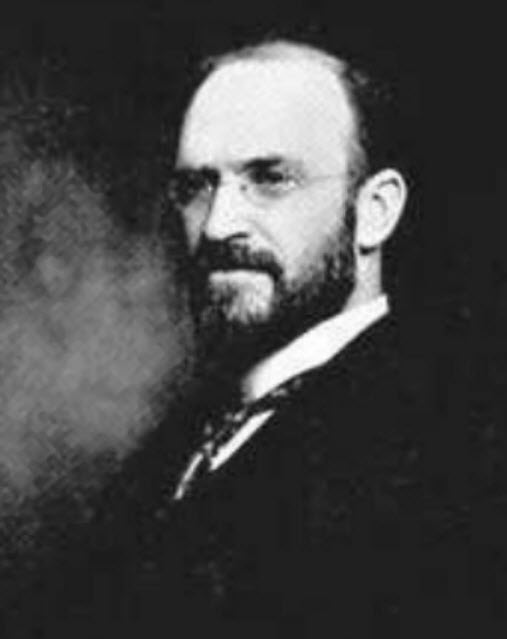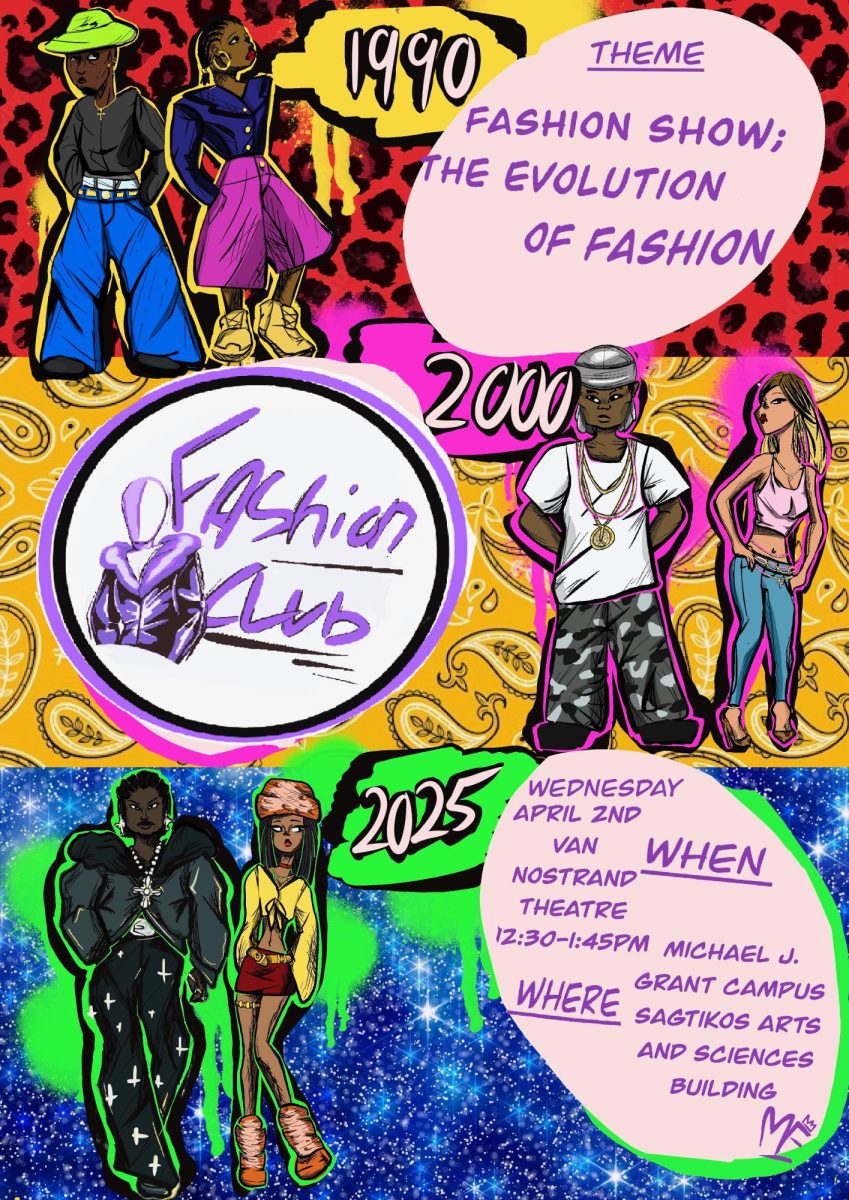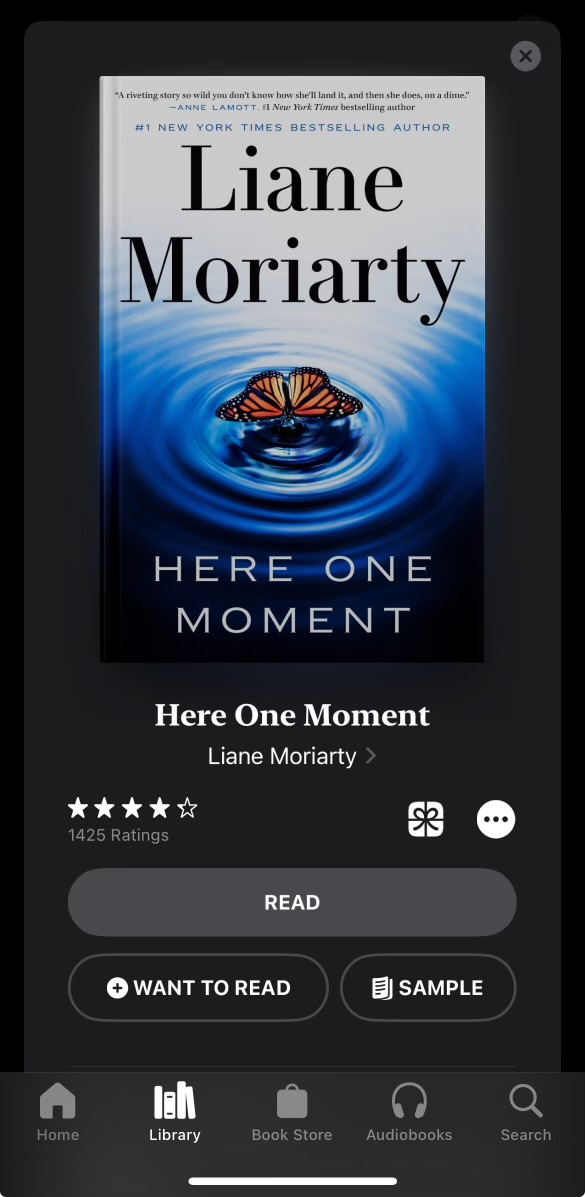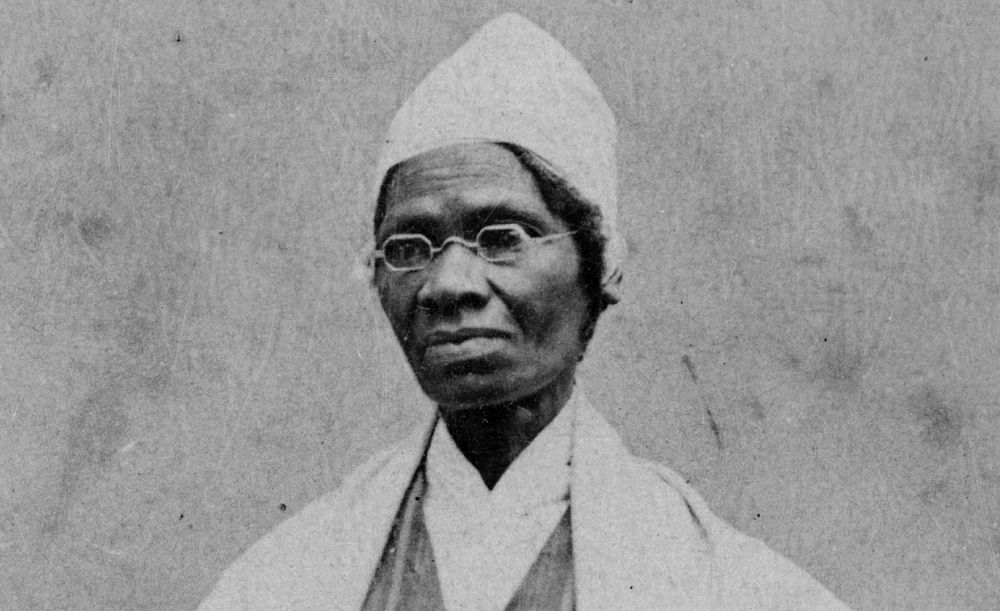April is International Black Women’s History Month and there are so many, in all fields who could be honored, but I chose a few of the many amazing Black women for this and next month’s articles who were FIRST in our country regarding government and legal accomplishments.
Isabella Bomfree was born into slavery in 1797 in Ulster County, NY. She was bought and sold 4 times and subjected to physical and mental abuse. She had five children with another slave and after her 5th child was born in 1827, (the year before New York State’s Emancipation Law was enacted), she bravely left her owner’s home with her infant daughter, and made her way to the home of an abolitionist family. The family not only provided a home for them but bought Isabella’s freedom.
In 1828, when she learned that her 5 year old son had been illegally sold into slavery in Alabama, she went to court (with the help of her abolitionist family) to sue for his return. She won the case and was the FIRST Black woman to win a case against a White man.
In the early 1840s she renamed herself Sojourner Truth and became an itinerant speaker. During her travels, she met and befriended the foremost abolitionists and women’s rights proponents and embraced their causes. In her speeches, she emphasized the need for racial and gender equality.
After the Civil War, she was honored at the White House by President Lincoln and became part of the Freedmen’s Bureau. She remained a national speaker until the end of her life.

Mary McLeod-Bethune was born 1875 in North Carolina, the 15th of 17 children born to former slaves. She worked on the family farm until age 11 when she was accepted at a Presbyterian missionary school, a five mile walk from the family farm. She then received a scholarship to attend Scotia Seminary, a school for African American girls in Concord, North Carolina, and after graduating attended the Moody Bible Institute in Chicago, Illinois. The remainder of her life was devoted to the education of African Americans, especially women.
In the early 1900s, she established the Daytona Literary and Industrial School for training Negro girls. The school was in need of donations to sustain the influx of students and somehow she had become acquainted with James Gamble of the Proctor and Gamble Company and he donated generously to the school. Ultimately, the school merged with the Jacksonville, FL Cookman Institute for boys, and was renamed the Bethune-Cookman College where she served as president. The college was successful and eventually had a student body of over one thousand and a teacher student ratio of one to ten.
She also was appointed to several government positions, one of which was director of Negro Affairs in the National Youth Administration, the FIRST African American woman to head a division of a federal agency. Her governmental responsibilities included being special adviser on minority affairs and supervisor of the development of employment opportunities and recreational facilities for African American youth throughout the United States.
Her goal was always educating and empowering African Americans especially women in order to seek equality. For example, she founded, organized, and served as president of the National Council of Negro Women which by the time of her death (1955) had 800,000 members.

Jane Bolin was born 1908 in Dutchess County, NY. Her mother was White and her father Black. Jane was essentially raised by her father since her mother died when Jane was a young child. She excelled in high school and although she applied to Vassar College, was rejected because of their anti-Black policy. However, she was accepted at Wellesley College, MA, graduated in 1928, applied to Yale Law School, and was accepted. In 1931, she graduated from Yale and became the FIRST Black woman to do so.
She passed the New York State Bar in 1932 and a short time after was employed by New York City Council’s office. This was followed by her appointment in 1939 as a judge of the Domestic Relations Court in N.Y.C. (renamed Family Court in 1962). There she worked for 40 years, the first 20 being the FIRST and only Black woman judge in the United States.
She received many honors including the Poughkeepsie administration building being named for her. And after her death, the N.Y.S. Assembly introduce legislation to rename the Queens-Midtown Tunnel, the Jane Bolin Tunnel .
Although from an interracial family, she was always seen as Black. Besides being the FIRST Black woman to graduate from Yale and the FIRST Black woman to serve as a judge in the United States, she was the FIRST woman to join the New York City Bar Association, and the FIRST to join the New York City Law Department.
In next month’s article, other Black women who were FIRST in various areas of government and law will be discussed.
Please stop by the Grant Library and see the display that accompanies this article. Our college libraries have resources regarding these topics and many others. Just ask a librarian.




